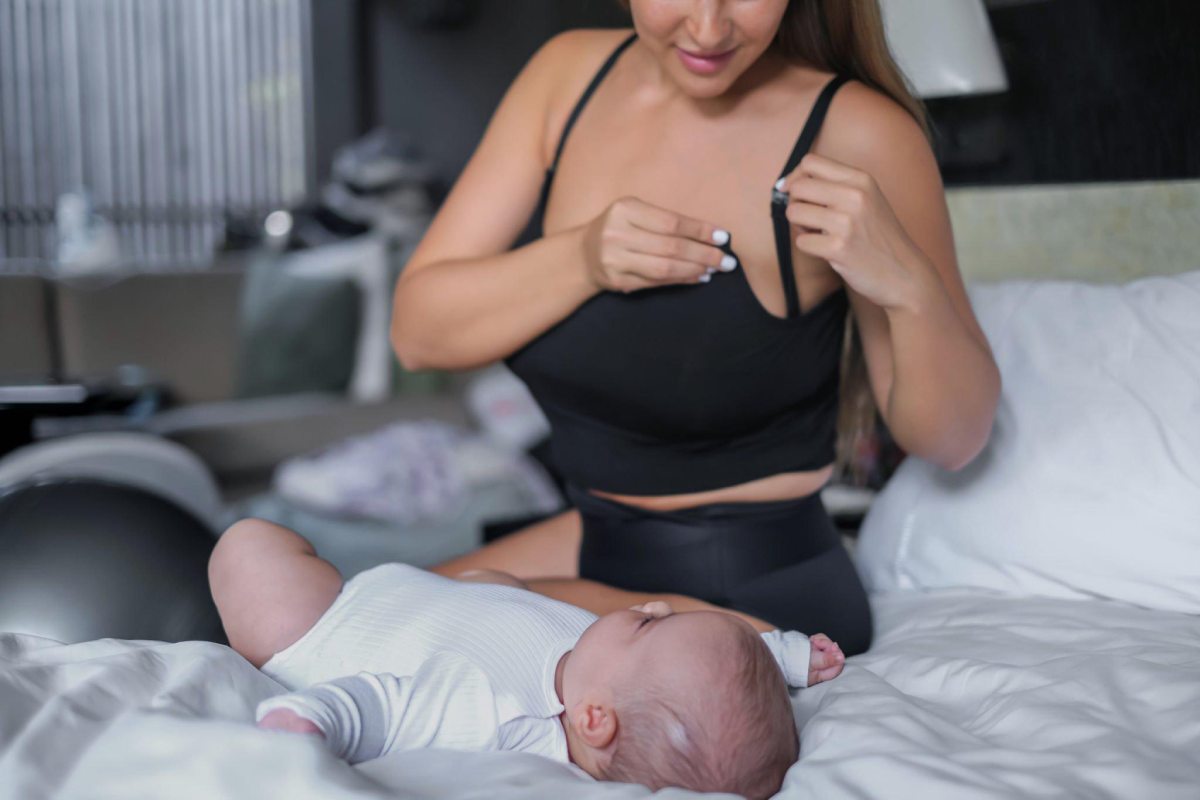Intrauterine insemination procedure is a simple and minimally invasive procedure where the fertility doctor places the sperm inside the uterus cavity to get it closer to the egg for fertilization. This procedure is an infertility treatment option and helps couples to conceive.
Why Couples and Women Choose Intrauterine Insemination
Couples choose IUI treatment for higher success in achieving pregnancy. Other factors that may inform your decision. These are:
- You are using donor sperm: The woman may want to use donor sperm for conception.
- You have unexplained infertility: The doctor treats unexplained infertility by combining IUI with ovulation-inducing medicines.
- You have endometriosis: Specialists use medications for high-quality egg production and perform IUI to stimulate fertilization.
- Your partner has low-quality sperm: The male partner’s sperm may show weak movement, abnormal shape or size, or low concentration.
- Your cervix is not functioning properly: The cervix may be too thick or contain thick mucus, which prevents the sperm from passing through and fertilizing the egg.
- You have irregular ovulation: Irregular ovulation can cause a failed pregnancy attempt, and intrauterine insemination is a great way to counter it.
- You have semen allergy: While it’s rare, protein allergy in semen can cause infertility. Thanks to advanced medical techniques, the doctor can perform fertilization in the lab, and then inject the embryo into the uterus for successful implantation.
Preparing for Intrauterine Insemination
IUI requires careful coordination to prepare you for the actual procedure. A couple prepares by following these steps.
Preparing the Semen Sample
The fertility doctor washes away contaminants from the partner’s or donor’s sperm, separating the highly active sperm from the low-quality ones. Using a highly concentrated sperm sample significantly increases the chances of success in getting pregnant.
Monitoring Your Ovulation
Timing is essential for the successful fertilization of the egg and the implantation of the embryo. You should consistently monitor for the onset of ovulation by using at-home ovulation predictor kits that monitor the levels of the luteinizing hormone.
Your doctor can also visualize your egg growth using transvaginal ultrasound.
Determining the Optimal Timing
After you detect ovulation, the specialist will perform IUI, usually a day or two after they detect ovulation. During this time, your care provider will have a plan, and you will already know what to expect.
What to Expect During Intrauterine Insemination
First, you put your legs into stirrups, and the doctor inserts a speculum that allows the insertion of the healthy sperm into the uterus cavity using a long, thin, and flexible catheter. The doctor then removes the catheter and speculum.
After the IUI procedure, you briefly lie on your back for a few minutes, then dress and resume your daily business. A day or two after the procedure, you might experience some light spotting.
How Much Will It Cost You for IUI Treatment?
A successful intrauterine insemination session can cost you between $300 and $800 if you have no insurance coverage. This cost is for the basic procedure and may exclude mid-cycle ultrasounds and injectable medications (trigger shots). Ultrasounds may range from $150 to $400.
The Possible Side Effects of IUIs
Intrauterine insemination is generally safe, with minimal side effects; these include:
- Infection: There’s a low risk of infection after the procedure.
- Vaginal spotting: Placing the catheter in the uterus sometimes scratches the uterine wall, causing a small amount of bleeding.
- Multiple pregnancies: IUIs have a higher chance of getting multiple pregnancies.
Intrauterine Insemination Q&As
Q: Can IUI damage your uterus cavity?
A: Infections are rare, and your doctor prescribes antibiotics to eliminate any chances.
Q: What activities should I avoid after IUI?
A: You should avoid intensely straining activities like professional swimming, lifting weights, and mountain climbing.
Q: Which activities are okay to do after IUI?
A: After IUI, it’s okay to go on a walk, bike, do yoga, or perform light aerobics.
Q: What are the side effects of IUI?
A: You may experience light cramping and spotting after your IUI procedure.
Q: How long do IUI side effects last?
A: Any cramping, discomfort, or light spotting will start to ease after 1-3 days after treatment.
Q: Who is the ideal candidate for an IUI procedure?
A: IUI is for couples with trouble conceiving through natural means, especially after they have tried for 6-12 months.
Q: How would you know if the IUI worked?
A: The only way to know if IUI was successful is to take a pregnancy test 14 days after the procedure.
Q: Can IUI increase my weight?
A: Treatment cycles like IUI don’t increase your body weight.
Q: Is bed rest necessary after IUI?
A: No; bed rest is unnecessary, and you can resume light activities after IUI.
Q: Is fatigue normal after an IUI procedure?
A: The high hormone levels in your blood may cause sleepiness and tiredness.












